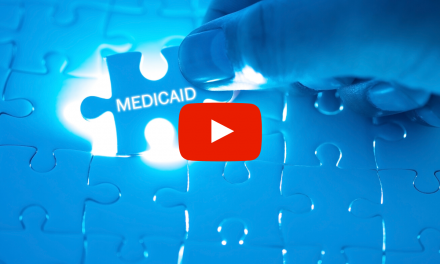
Meeting Legislators

The personal visit from an informed constituent is the single most effective lobbying technique. Emails and form letters get the least attention. Next are phone calls and original, personal letters. The personal visit rates highest in influence and the issues brought up are attended to more quickly and seriously. Your legislators will be impressed with the effort you’re putting forth and will usually make time to meet with you. Do not forget to encourage your colleagues, friends, and patients to do the same!
First Things First
- Be fair, realistic and reasonable.
- Introduce yourself.
- Address your legislator as “Representative” or “Senator”
- Make your appointment well in advance. Indicate the date you will be visiting and what you’d like to discuss.
- Be honest. If you lose your credibility, you won’t get it back.
- Be a good listener—don’t do all the talking; have a conversation.
- Arrive on time.
On the Issue
- One issue per meeting.
- Be brief.
- Be prepared when you arrive. Know what you are going to say.
- Present your opinion, bolstered by facts, figures and a PERSONAL STORY.
- Know and understand opposing arguments. Be prepared to discuss them.
- Fifteen minutes (possibly 20) is a realistic expectation for your meeting. Do not be surprised if your meeting starts a bit late or is cut short or you are not able to speak directly to the Representative.
- Never lie, never guess. Just say “I don’t know, but I’ll get back to you”…and then get back to them!
- Gently remind your representative that you’re a constituent and that you always vote. All politics is local.
- Be passionate (not emotional), and never leave in anger.
Finish Strong
- Leave when your time is up.
- Ask for a commitment from the member to support your position-but do not apply pressure or be threatening.
- Have a short statement or fact sheet to leave behind. If its in writing, its has a better chance of being remembered.
- Never end in harsh words or personal remarks. You will damage your credibility and hamper further communications.
- Say “Thank you” and indicate you’re looking forward to following up on this issue.
Follow-up
- Write a brief thank you note.
- Indicate that you will be monitoring the issue closely.
- Answer any questions you couldn’t answer in the meeting (see #7 “On the Issue”)
- You may want to personally invite the member and his or her staff on an informal tour of your medical school/hospital.
“Nothing just happens in politics. If something happens you can be sure it was planned that way.”
-Franklin Delano Roosevelt
For more information on how to contact legislators, best practices, and issue information, use the ICS guide – SpeakUp.


















